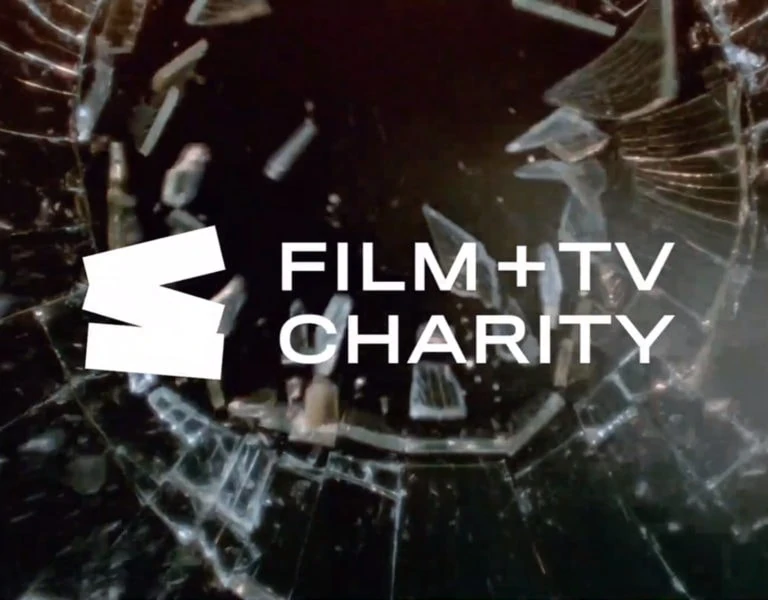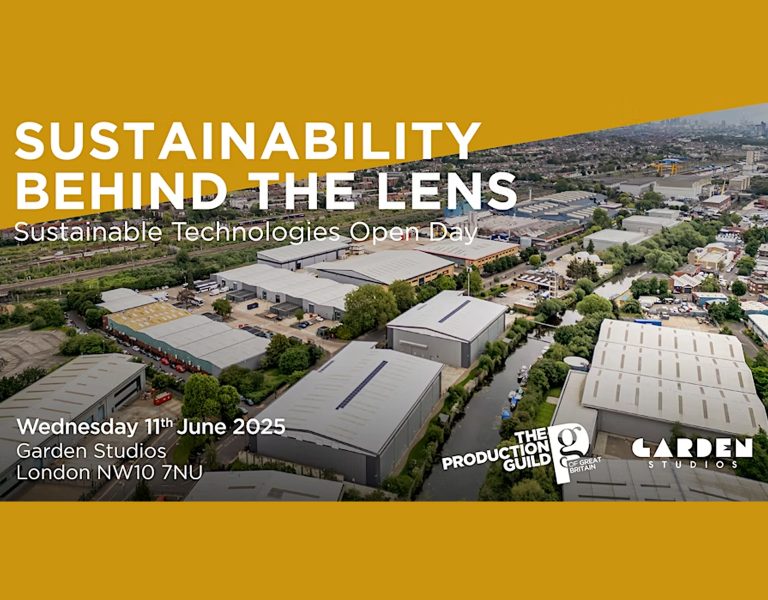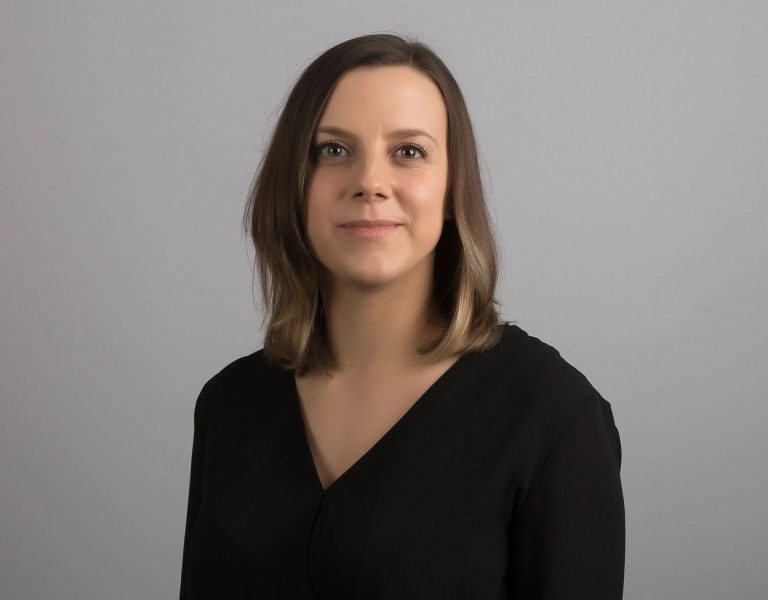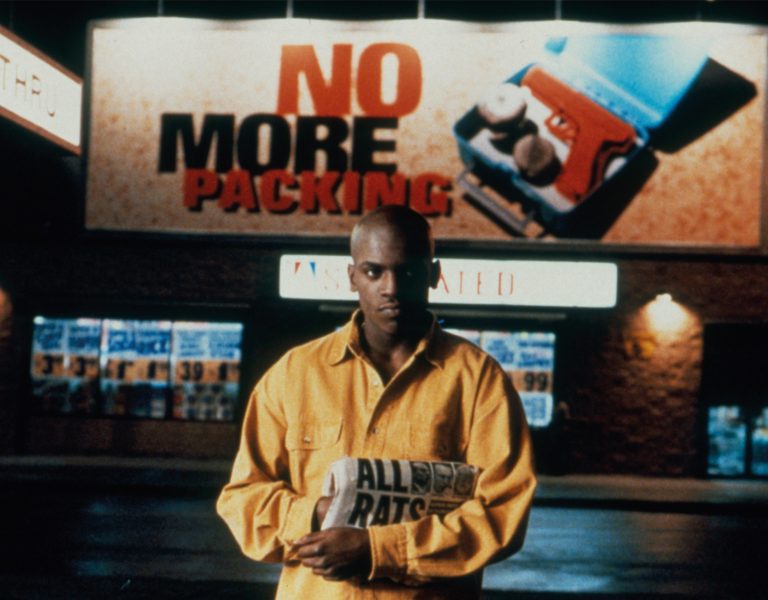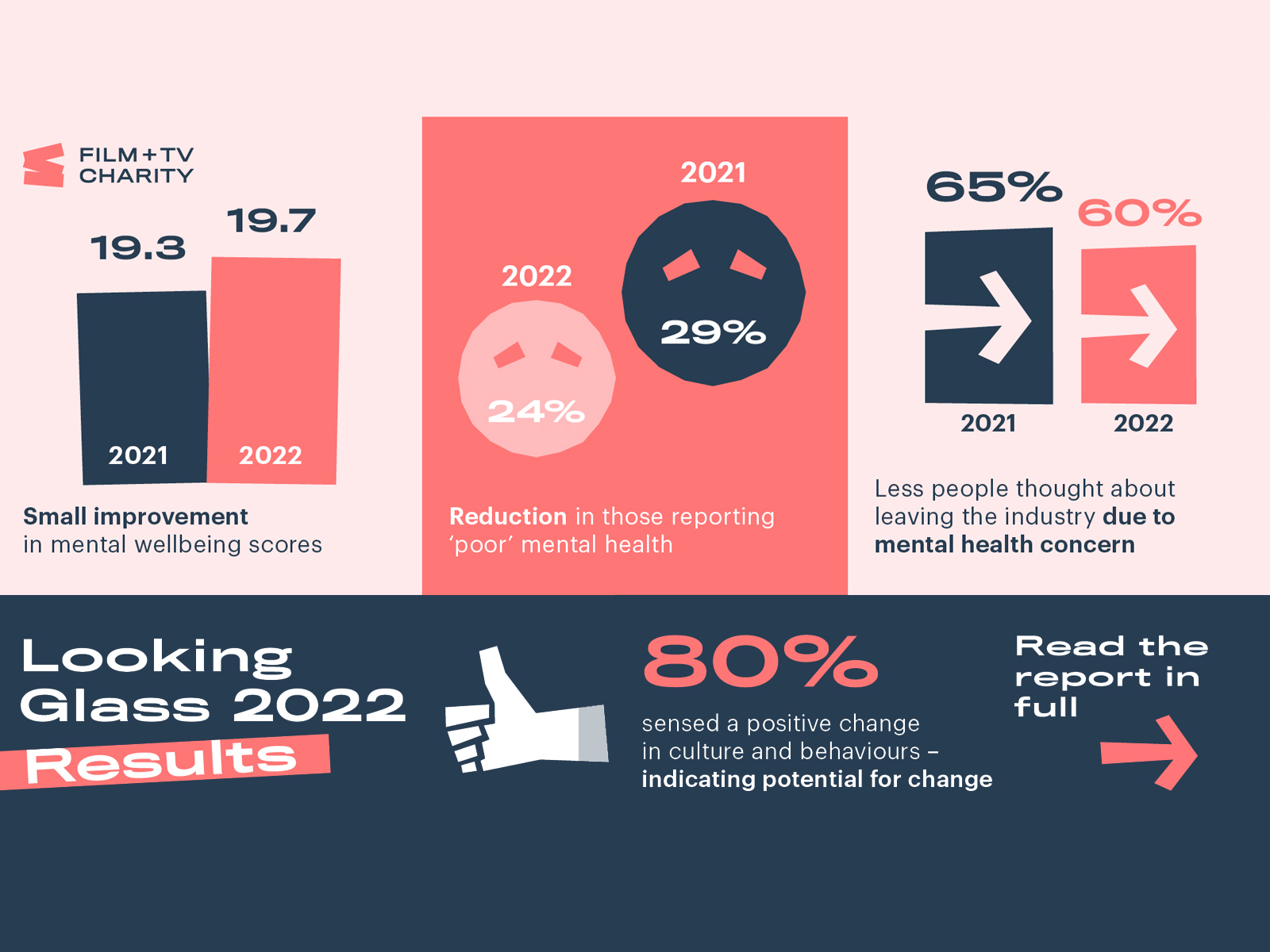
The Film and TV Charity has published the results of the Looking Glass Survey ’22, providing an industry-wide review of the state of mental health and wellbeing in the film and television sectors.
Following surveys in 2019 and 2021, this third iteration of the Looking Glass research saw 2,000 people in job roles right across the film and television spectrum answer questions about conditions, culture, and the industry’s capability to respond to issues linked to poor mental health, including bullying and harassment, line management, and financial pressures.
Headline results of Looking Glass ’22 show improvements to the overall picture, with 80 per cent of respondents agreeing that they sensed a positive change to the industry’s culture and behaviours – a notable shift when compared to the shocking results seen in the Charity’s flagship 2019 research.
However, many of the improvements indicated in Looking Glass ’22 are slight, underlining that the industry is at the beginning of a much longer journey to better support its workforce:
• A small improvement in mental wellbeing scores, from 19.3 to 19.7 on the Short Warwick-Edinburgh Mental Wellbeing Scale (UK average is 23.6)
• A reduction in those reporting ‘poor’ mental health, from 29 per cent in 2021 to 24 per cent in 2022
• Fewer respondents considered leaving the industry due to mental health concerns, down to 60 per cent from 65 per cent in 2021
Respondents to the survey noted that working conditions and feelings of job security are improving, but that extreme working hours, although decreasing, remain high. 75 per cent also confirmed that future income is a key concern as the cost-of-living crisis continues to pose a real threat to financial and mental wellbeing.
While many recognised that the industry is becoming better equipped to provide support, 52 per cent also agreed that better line management will be critical to improving wellbeing in the long term. Reports of bullying, harassment, and discrimination have dropped from 53 per cent in 2021 to 46 per cent in 2022, although the survey also recognises that many do not report incidences when they happen, and 45 per cent of respondents in management roles identified that they do not feel appropriately skilled to deal with complaints when they are made.
“Although the picture is a complicated one, the latest Looking Glass Survey results show that positive change can be achieved,” said Alex Pumfrey, CEO at the Film and TV Charity. “In the period since 2019 we have seen a concerted effort by many across the industry to improve on a pretty bleak situation and it is heartening to see that some of that effort is starting to pay dividends, with attitudes and overall mental health scores beginning to move in the right direction. That said, the work was begun from a very low bar and interventions like our Bullying Advice Service, The Whole Picture Toolkit for mentally healthy productions, and our behaviour change campaign should be regarded as an opening salvo.” She added: “The release of this latest research is an opportunity to galvanise and to develop partnerships with the members of our Mental Health Task Force, to re-focus our strategy and to ensure that people across the industry understand that improvements, although sometimes hard won, can and must be made. Ultimately, however positive the signs may be, still only 11 per cent of the industry workforce believe it is a mentally healthy place to work and that statistic must not be left unchallenged.”
Commentary from partners and stakeholders:
Lisa Hardy, Director of HR at BBC Studios Productions, said: “I’m pleased to see that action in our industry is moving in the right direction. Clearly there is still more to do but, the fact that 80% of people have sensed a positive change in behaviour is a sign of progress that we can build on as we move forward.”
Philippa Childs, Head of Bectu, said: “Bectu welcomes the publication of this important research and the pleasing progress it reports on attitudes towards mental health and incidences of bullying and harassment.
“However, with just 11% of respondents reporting that the industry is a mentally healthy place to work, there is clearly lots more work to do. Across too many metrics the industry is simply too far behind national comparators, and it’s clear that long hours and resulting poor work-life balance are critical issues that need addressing.
“An industry is only as strong as its workforce and as the sector continues to thrive it’s critical that it listens to and acts on workers’ concerns. The high level of concern about coping with the cost-of-living crisis is also telling and should serve as a rallying call to Government to work with unions and industry to better support, prioritise and invest in the workforce.
“Progress on some important metrics is however encouraging and clear evidence that the industry is stronger collaborating together. Our film and TV industry is world-class and is full of inspiring, dedicated people and organisations pushing for lasting change – we urge the sector to tap into this passion to create a better industry for everyone.”
Amy Gustin and Deena Wallace, Co-Directors at BIFA, said: “We are heartened to see the results of the latest Looking Glass Survey, which evidence positive changes across the industry, particularly surrounding the important issues of mental health and bullying and harassment.
“It is clear, however, that there are still considerable steps to be taken on the road to a fully equitable industry, including the need to better support line managers on set, and we are committed to continuing to work with our industry partners to maintain the positive direction of travel.”
Luke Seraphin, Head of Diversity and Inclusion, Content & Sky Studios, said: “This year’s report highlights some green shoots of positive change, and it’s great to see how many people have experienced a much-needed culture shift when it comes to the ways in which we talk about and safeguard our mental health and wellbeing. But there’s much more to do to create genuine long-lasting change, now more than ever as the cost-of-living crisis heightens financial worries for so many across the industry. At Sky we’re committed to creating environments in which everyone can thrive, either on-screen or off, so we’ll be using the insights of this report to help us redouble our efforts on the most prevalent issues.”
Seetha Kumar, CEO, ScreenSkills said: “While this survey demonstrates some positive changes in terms of attitude and behaviour towards mental health, more needs to be done. Only by working together can we create an environment where people can feel included and so speak up, be heard, and supported. To enable this change, we must help people understand the right behaviours and equip people in leadership positions with the right skills as well as continue to support colleagues to maintain their own good mental health. ScreenSkills will continue to work with the Film & TV Charity and our colleagues across the sector to provide a unified approach and the necessary training and support to make the screen industries a more compassionate and caring place to work.”
Melanie Hoyes, the BFI’s Head of Inclusion said: “We welcome these encouraging shifts in industry mental health and wellbeing reports in our film and TV industries since the Film and TV Charity’s last report, whilst recognising that there is work still to be done in building upon these changes and embedding them in practice. A step in this direction for the BFI has been the piloting of wellbeing facilitators on set for the films which we fund and support, as well as creating a ‘duty of care roles’ section in the BFI’s revised Diversity Standards. Ensuring equity and working to meet best practice is of paramount importance across everything we do and support; we look forward to working with industry and partners to keep moving forward.”
Emma Loach, BBC Commissioning Editor, Documentaries said: “I’m pleased to see that this latest report shows that there are signs of improvement across the industry, but there is clearly still a great amount of work to be done. It’s incredibly important that we continue to listen and act so that we can drive through further positive change to make working in tv and film a supportive, rewarding experience for all.”
–
